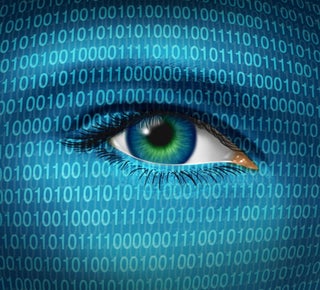10 Reasons Life May Be A Computer Simulation
Philosophers as far back as Plato millennia ago speculated that what we see may not be real at all. With the advent of computers, the idea took on new life, especially in recent years, with films like Inception, Dark City, and the Matrixtrilogy. Is it possible that the world is just a computer simulation?
10Ancestor Simulators

Computers now process huge amounts of data, and some of the most intense and productive tasks involve simulations. Simulations consider multiple variables and use artificial intelligence to analyze them and examine outcomes. Some simulations are games. Some are models of real-life situations, such as the spread of disease. Some are “history simulators,” which can be games (like Sid Meyer’s Civilization) or can mimic the real-life growth of society over time.
That’s how simulations run now, but computers keep getting faster. Processing power has doubled periodically for decades, and computers 50 years from now may well be millions of times more powerful than any today. Better computers would bring much bigger and better computer simulators—including history simulators. If computers get powerful enough, they would create history simulations so real that the self-aware beings within them would have no idea they were part of a program.
Think that’s too far out there? Harvard’s Odyssey supercomputer can simulate 14 billion years in only a few months. READ MORE....



